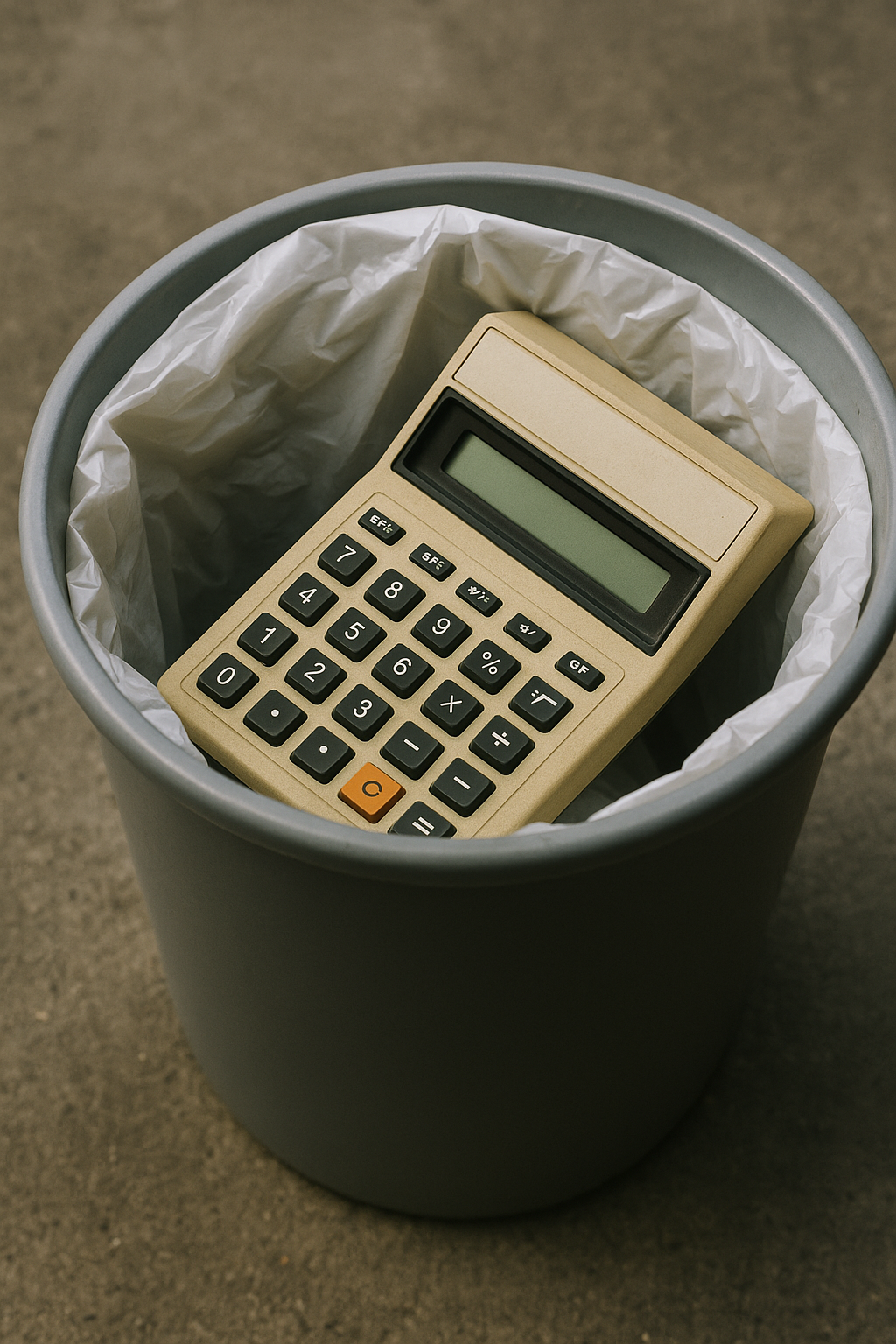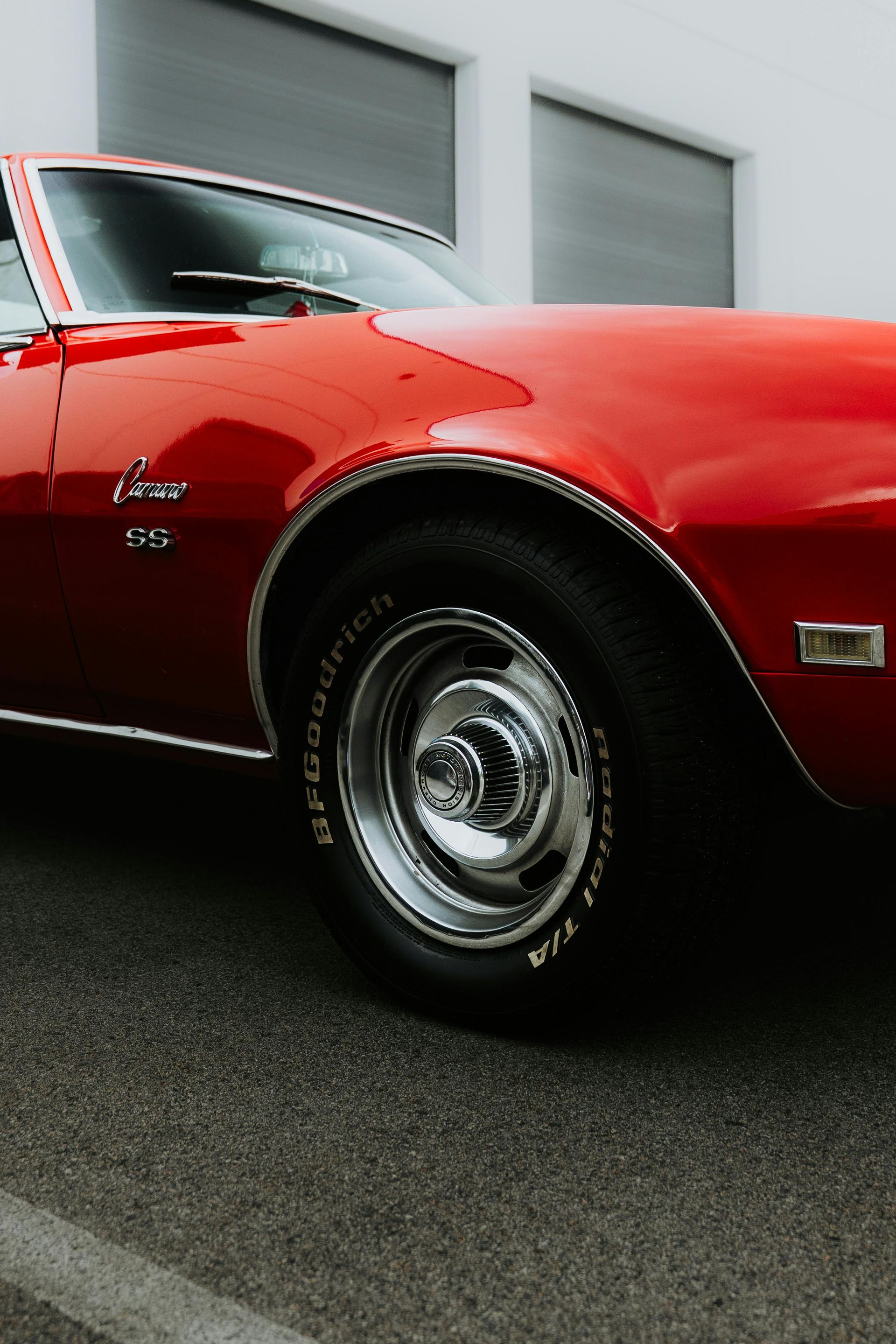How to Use a Diminished Value Report to Negotiate When Buying a Used Car with Prior Damage
Why Accident History Matters

Why Accident History Matters
Even if a vehicle looks flawless, prior damage affects:
✅ Resale value: Cars with an accident history typically sell for 10–30% less than comparable undamaged vehicles.
✅ Buyer confidence: Future buyers may be reluctant to pay market price.
✅ Repair quality: Substandard repairs can cause hidden issues that cost you later.
Sellers often price vehicles as if repairs “fixed everything.” But the stigma (and loss in market value) remains—and you deserve a discount to reflect it.
Get the facts—and a better deal—before you sign
When you’re shopping for a used car, discovering that it’s been in an accident doesn’t have to be a deal breaker. In fact, prior damage can become powerful leverage—if you know how to use it.
One of the best ways to protect yourself (and your wallet) is by getting a professional diminished value report before you buy. Here’s how these reports help you negotiate a fair price and avoid overpaying.
What a Diminished Value Report Tells You
A professional report shows:
- The vehicle’s estimated pre-accident market value
- The impact of its damage history on resale value
- Evidence of any incomplete or cosmetic-only repairs
- An objective estimate of how much less the car is worth compared to similar undamaged vehicles
This information arms you with clear facts—so you can push back if a seller overstates the car’s value.
How to Use the Report in Negotiations
Here are a few smart ways to leverage a diminished value report:
✅ Validate Your Offer:
Show the seller or dealership your documented findings. Use the report to justify an offer below book value.
✅ Spot Hidden Issues:
If repairs were cosmetic only, you can ask for additional concessions—or walk away entirely.
✅ Plan for Resale:
Know exactly how much you’ll lose in value if you trade in or sell later, so you can factor that into your buying decision.
✅ Avoid Overpaying:
Dealerships sometimes rely on buyers not understanding diminished value. A professional report makes it much harder for them to dismiss your concerns.
Example
Say you’re looking at a 3-year-old SUV with an asking price of $28,000. A Carfax report shows a collision, but the seller insists “it was just a fender.”
Your diminished value appraisal shows the vehicle’s market value after repairs is closer to $23,500—a $4,500 difference. With documented evidence, you can negotiate from a position of strength or choose a better investment.
Final Thoughts
Buying a car with accident history isn’t always a bad idea—but it should never mean overpaying. A diminished value report is a small investment that can save you thousands.
Thinking about buying a used vehicle with damage? Contact us for a professional appraisal so you can negotiate with confidence—and keep more money in your pocket.


